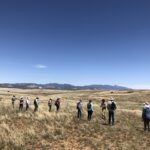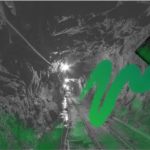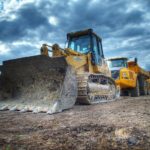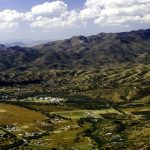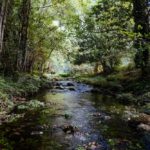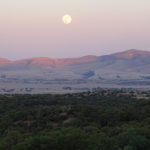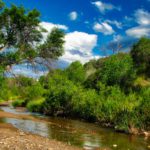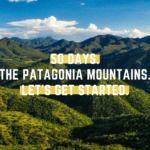By Carolyn Shafer
It is critical that we as individuals, our governing bodies and our community organizations mindfully support existing businesses and invite new business activity that will create a stable and sustainable economy and provide livelihood to all who are willing to work. Let’s first consider some historical and economic information.
The longest lasting local economic activity in the Patagonia area during the last four centuries has been ranching, a part of the economy even now. As prospecting in the 19th and 20th centuries found major mineral deposits, there has also been two boom-and-bust periods of mining, from about 1860-1910 and again in the middle 20th century. The last mine near Patagonia closed in 1965.
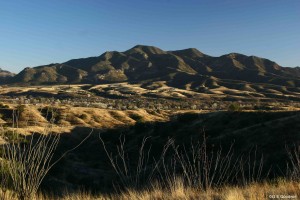 In the 50 years since the last mining bust, the community has rebuilt its local economy based on ranching, tourism, local food production and recreational amenities (birding, hunting, camping, cycling, hiking, etc).
In the 50 years since the last mining bust, the community has rebuilt its local economy based on ranching, tourism, local food production and recreational amenities (birding, hunting, camping, cycling, hiking, etc).
How did the local economy perform under the industrial based economy (predominantly mining) and under the service based economy (predominantly tourism)? A review of all available Town of Patagonia financial audits (1963-2013) helps quantify a half century of economic transformation for the Town of Patagonia. Sales tax revenue is one measurement of the town’s financial health. In 1963, the Town’s sales tax revenues in comparable 2013 dollar value was $54,311 (actual revenue was $7,191). In 2013, the Town’s sales tax revenue was $197,540. The service based economy (predominantly tourism) in 2013 provided 364% more sales tax revenue than the predominantly mining industrial based economy. Another measure of the town’s health is population, the town’s population grew from 540 in 1960 to 913 in 2013 – a growth of 69% under the service based economy.
I am one of the owners of the local artists gallery. Our business represents more than 40 area artists. 85% of our business is from visitors to the Patagonia Mountains who come here to enjoy birding, hunting, camping, cycling, hiking and other outdoor recreational activities. I believe that my business and almost all of the existing businesses will be destroyed as the result of new mining in our mountains. The existing, local jobs that will be lost will exceed any mining jobs that might be created for local people. Yes, there is a history of mining in this area. I know that there are families in our community who were part of that mining tradition. Historic mining put food on the table and provided a living for many local families. Those historic mines and jobs are of an entirely different time and place than would exist with today’s mining practices.
What can we as a community do now to proactively create a stable local economy? I propose that we create a discussion group that includes all businesses as well as community organizations and interested individuals. A few of the topics include a look at the factual information available about the current employment situation, the history of this area’s economic stability and success under both the industrial and the service based economies, discussions about how we can support our existing businesses, and determine how we attract new businesses that will contribute to this thriving, resilient community. I hope to enlist local business owners and community organizations to participate in such a discussion so that we can work together as a community to establish a plan that truly perpetuates a strong and sustainable economy. I will first reach out to the Patagonia Area Business Association and the newly formed Patagonia Regional Business Coalition as two organizations that represent various business interests in the community.
Please share your suggestions for economic development and local employment. My contact information is in the Country Connection.

